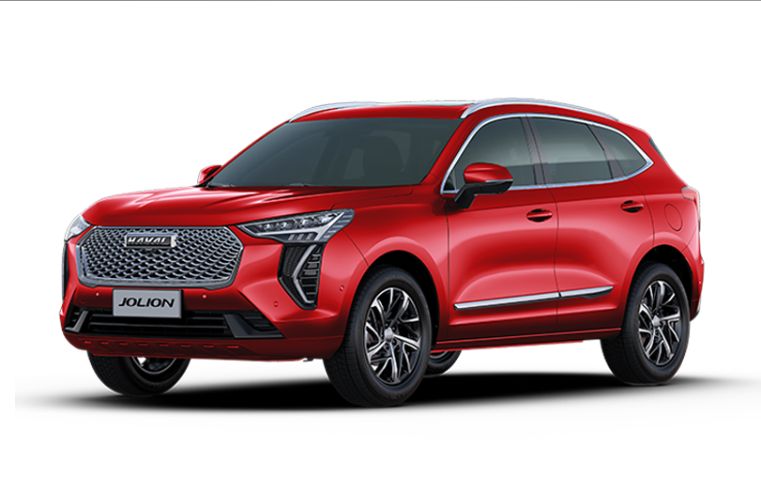The federal budget for 2025-26 has introduced a 2% tax increase on vehicles with engine capacities ranging from 1300cc to 1800cc, affecting multiple popular car brands in the country. Among those impacted is Haval, the Chinese SUV brand known for its sleek design and powerful performance. However, the General Sales Tax (GST) on hybrid vehicles remains unchanged, giving some relief to eco-conscious buyers.
New Haval Car Prices in Pakistan After Tax Hike
Here’s a breakdown of the updated Haval car prices in Pakistan following the 2% federal excise duty increase:
| Model | Engine Type | Old Price (PKR) | New Price (PKR) |
|---|---|---|---|
| Jolion 1.5T | Petrol | 7,949,000 | ~8,108,000 |
| Jolion HEV | Hybrid | 9,295,000 | ~9,481,900 |
| H6 1.5T | Petrol | 9,099,000 | ~9,280,980 |
| H6 2.0T AWD | Petrol AWD | 10,449,000 | ~10,657,980 |
| H6 HEV | Hybrid | 11,749,000 | ~11,984,980 |
| H9 (2.0L Diesel) | Diesel | 15–18 million | ~15.30–18.36 million |
Impact on Haval SUV Buyers
Due to the Budget 2025-26 car tax, petrol models like the Jolion 1.5T and H6 1.5T face modest price increases. The 2% levy affects these variants directly, making them slightly less affordable for mid-range SUV buyers.
Hybrid models such as the Jolion HEV and H6 HEV also see a small bump in prices, though the unchanged GST ensures these remain competitive options for those seeking fuel-efficient performance.
The premium Haval H9 SUV, powered by a 2.0L diesel engine, now moves further into the luxury segment with an estimated 2% increase, making it pricier for high-end customers.
Conclusion
The Haval SUV price increase following the Budget 2025-26 tax changes is expected to influence consumer preferences, especially in the mid-size petrol segment. While hybrids enjoy relative stability, buyers should be prepared for a general upward trend in SUV costs in the coming months.
Read More: Pakistan Rolls Out EV Policy 2025 with Rs9bn Subsidy









